Engineering Change Lab-USA (ECL-USA) is a catalyst for change within the engineering community, helping it reach its highest potential on behalf of society
VIEW OUR EVENTS
Recent News
New Video Highlights ECL’s Work
Engineering Change Lab – USA seeks to develop strategic-thinking, future-focused leaders across the engineering community. At our recent Beyond Disruption summit, several of our speakers and participants were interviewed regarding their perspectives on the discussions at the summit and on the work of ECL.
- Rochelle Grayson, Mosaic Accelerator, discussed the importance of AI integration in engineering organizations.
- Melyssa Hartzell, Martin & Martin described her view that the engineering community needs to take on leadership in driving policy and funding decisions.
- Jenna Carpenter, Campbell University, discussed dealing with constraints during this time of disruption.
- Jerry Buckwalter, Atlas Initiative for Critical Infrastructure, stated his view that ECL supplies a thought process absent in the engineering community.
- Gary Bertoline, Purdue University, described the potential of engineering to create positive change in the world.
You can see a video summary of these interviews at this link. In the future, we hope to publish extended versions of these interviews.
Join us as we seek to elevate the contributions of the engineering community to the challenges we face in the world.
Beyond Disruption: Pioneering a New Path for the Engineering Community, Part 3
Summit Wrap-Up, Part 3
In 1965 Alvin Toffler coined the term “Future Shock” to describe the shattering stress and disorientation induced in individuals, organizations, and communities by subjecting them to too much change in too short a time. Our observation, leading into the Engineering Change Lab – USA (ECL) Beyond Disruption Summit, is that 2025 has been a year of accelerating, disruptive change leaving people and institutions unmoored, at risk, and clearly suffering from Future Shock “Squared”.
75 years ago, the behavioral scientist Kurt Lewin articulated a simple, but powerful theory of change for social systems. He theorized that to change a social system you must go through three stages: Unfreeze, Change, Refreeze. Unfreezing involves preparing people for the transition by breaking down existing mindsets and behaviors that normally act as barriers to change (think bootcamp experiences in the military). The change stage introduces new processes, mindsets, and behaviors. Finally, during refreezing the system stabilizes and the change is embedded into the culture of the social system.
The Future Shock of 2025, brought about by governmental actions and the explosive growth of AI, represents an unfreezing moment for the engineering community. New possibilities as well as desired changes that have been inhibited by the frozen conditions and the inertia of the existing social system may now be possible — provided we act strategically and with urgency before the situation freezes once again.
Clearly, this is a time for imagining a new vision, transcending goals, and robust strategies that could allow the engineering community to take a leadership role in society and become, once again, the fundamental driver of economic growth and prosperity for the country.
ECL’s summit, convened in Austin, Texas in November 2025 gathered a group of engineering leaders, students, and associated stakeholders to engage in this type of strategic thinking effort on behalf of the engineering community. The primary objectives of this summit were to demonstrate both the potential value of and urgent need for engaging in this type of strategy work across the engineering community at this critical juncture in time.
Beyond Disruption: Pioneering a New Path for the Engineering Community, Part 2
Summit Wrap-Up, Part 2
For this summit, we asked six thought leaders to play the role of “evocateur,” to help call forth and breathe life into our collective imagining of a future vision, goals, and strategies for the engineering community. A summary of those evocations as well as perspectives shared by the five members of our student panel are provided below.
Ed Finn, Director of the Center for Science and the Imagination at Arizona State University
Ed Finn evoked the power of storytelling, image-based worldbuilding, and speculative fiction to inspire collective imagination. Drawing on a recent article, “Step Into the Free and Infinite Laboratory of the Mind,” (https://issues.org/science-fiction-policy-tool-finn/), Finn observed that collaborative narratives, such as good science fiction, can play a primary role in helping science and society reach beyond current configurations toward positive transformational futures.
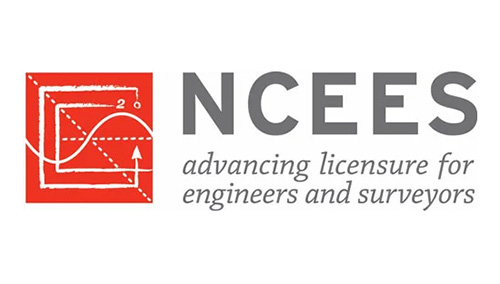
Corporate Leaders
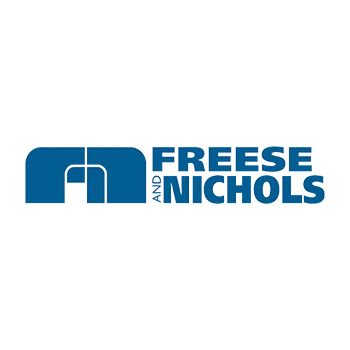
Corporate Partners
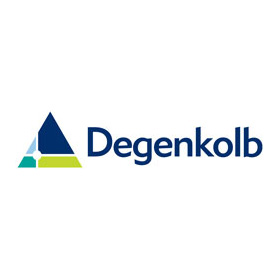
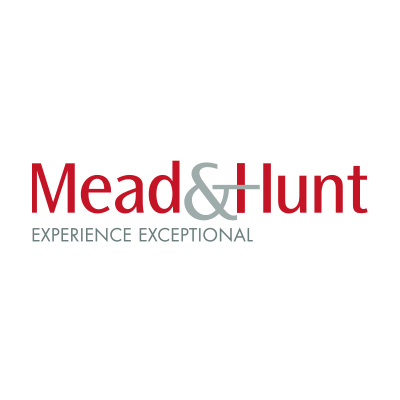
Corporate Benefactors

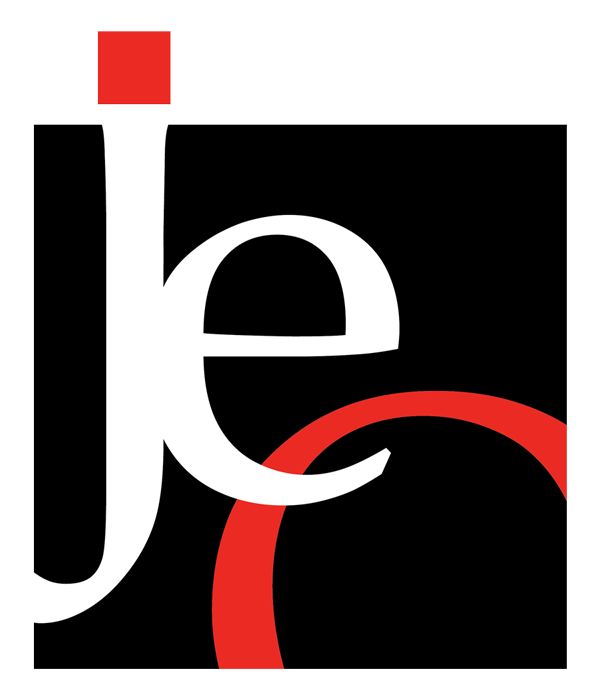

Other Donors
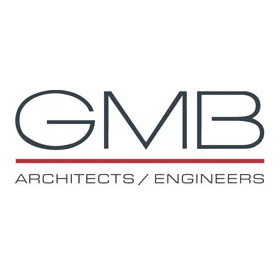
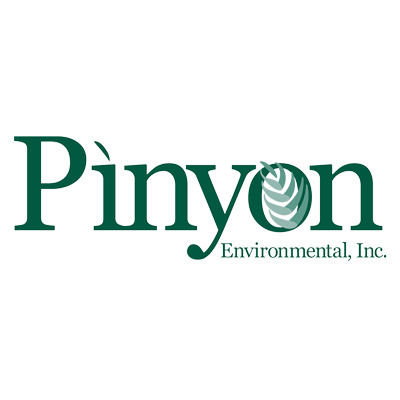
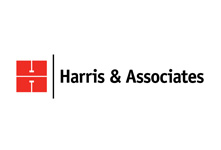
Donate to Engineering Change Lab – USA
Donate
We are living in a world that is facing an unprecedented combination of technological change…
and rapidly evolving societal needs, driven in large part by environmental imperatives. As this uncertain future unfolds, maintaining the status quo is not an option for the engineering community. The imperative for change and adaptation has driven the formation of ECL-USA.
Learn More about ECL-USASummits
ECL-USA convenes two to three times a year to share perspectives, deepen our understanding of engineering’s emerging future, and to launch experiments and focused initiatives designed both to foster change across the entire engineering system from education to practice to research to licensure.
Upcoming SummitsOur Way Forward
Our way forward is through action inspired by the Engineering Change Lab-USA’s mission. ECL-USA was started in 2017, with the mission of becoming a catalyst for change within the engineering profession, by helping the profession reach its highest potential on behalf of society.
To achieve our mission, we will:
- Bring together stakeholders, innovative thinkers, and change agents to explore and generate new knowledge about the role of engineering in an emerging future.
- Self-organize as an independent (non-aligned) entity – complementing existing stakeholder organizations (professional societies and associations), not attempting to duplicate their efforts.
- Become a communications hub, linking and sharing knowledge between stakeholders engaged in creating the future of the engineering community (profession).
- Engage in and lead collaborative initiatives designed to transform the engineering community (profession) to help it thrive in an evolving world.

